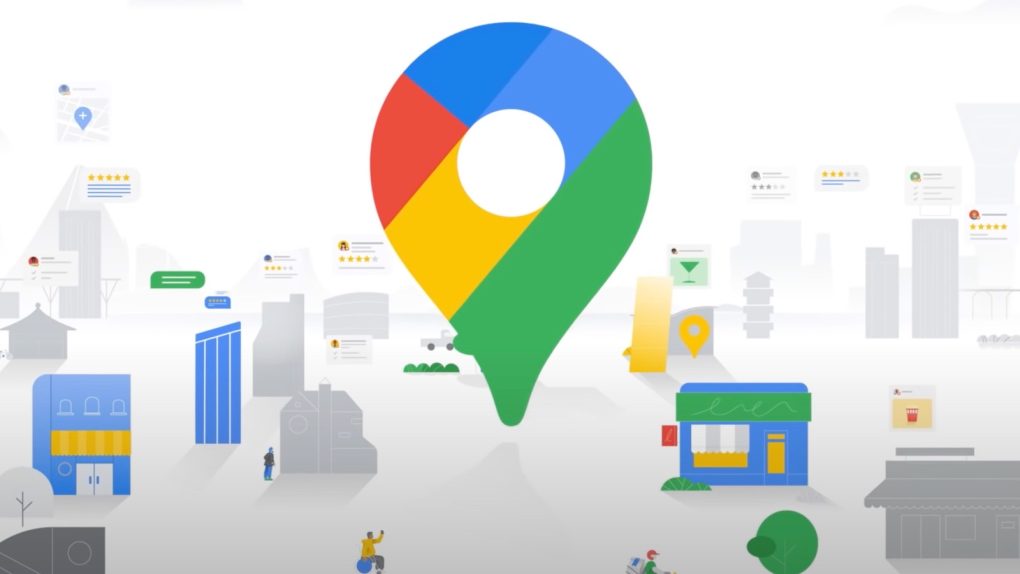Google recently announced a few new health-related privacy features for its products. The updates seem to be in response to the Supreme Court’s decision to overturn Roe v. Wade. Google’s new health privacy features include the ability to auto-delete abortion clinic visits from location history immediately after registering that visit. This is just one of the new privacy-enhancing features that Google announced. And just one that’s meant to provide extra protection to people seeking pregnancy-related guidance.
Google doesn’t specifically call out the Supreme Court’s recent ruling in the blog post titled Protecting people’s privacy on health topics. Nor does it mention the Roe v. Wade case by name.
Also, the new privacy features won’t just protect Google users visiting abortion clinics.
How to delete abortion clinic visits from Google’s location history
Google lists several places that will receive similar privacy protections when it comes to Location History:
Some of the places people visit — including medical facilities like counseling centers, domestic violence shelters, abortion clinics, fertility centers, addiction treatment facilities, weight loss clinics, cosmetic surgery clinics, and others — can be particularly personal. Today, we’re announcing that if our systems identify that someone has visited one of these places, we will delete these entries from Location History soon after they visit. This change will take effect in the coming weeks.
As seen here, the feature will be enabled automatically in the near future.
Google also notes that Location History is off by default in its products. But users who want to manage their Location History right now can do so at this link. However, they won’t be able to pick and choose what entries to delete from Google’s history. And they’ll need Google’s new feature to remove health-related locations, like abortion clinics.
Fitbit’s new health privacy features
While Google users can’t delete abortion clinics’ location data manually, they can take action in other places. Google explains that it has strict protocols for user data on apps. That includes “policies that prohibit developers from selling personal and sensitive user data and a requirement that they handle that data securely and only for purposes directly related to operating the app.”
Google Play’s new data safety section should promote transparency and control for users. Developers must inform their customers how their apps collect, share, and secure their data. The feature is similar to what happens with iPhone apps.
Google uses Fitbit as an example. Fitbit users will be able to remove menstruation logs from Google’s health apps:
For Google Fit and Fitbit, we give users settings and tools to easily access and control their personal data, including the option to change and delete personal information, at any time. For example, Fitbit users who have chosen to track their menstrual cycles in the app can currently delete menstruation logs one at a time, and we will be rolling out updates that let users delete multiple logs at once.
Law enforcement demands for user data
Google’s health privacy blog post also covers another relevant topic, in addition to the updates to location tracking for abortion clinics and menstrual logs for Fitbit. What happens when law enforcement demands access to user data?
The company says that it has a long track record of pushing back against broad demands from law enforcement. That includes objecting to some requests entirely:
We take into account the privacy and security expectations of people using our products, and we notify people when we comply with government demands, unless we’re prohibited from doing so or lives are at stake — such as in an emergency situation.
The company adds it remains committed to “protecting our users against improper government demands for data, and we will continue to oppose demands that are overly broad or otherwise legally objectionable.”
On top of that, Google will continue to support “bipartisan legislation, such as the NDO Fairness Act recently passed by the House of Representatives, to reduce secrecy and increase transparency around government data demands.”
Google’s new health privacy features might help improve the safety of people seeking abortions. But they’re not enough to cover one’s privacy. Data related to such sensitive subjects might be extracted from other places that Google has no control over. And Google isn’t the only tech company tracking users online.
With that in mind, the Electronic Frontier Foundation has additional abortion privacy tips at this link.








